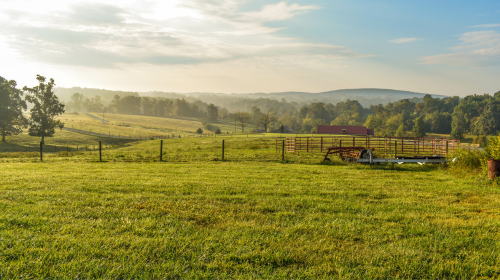
2 February 2024
Scotland’s First Minister Humza Yousaf is being urged to return the £46 million which was removed from the agriculture budget last year. This comes as Rural Affairs secretary Mairi Gougeon announced last week that just £15 million would be returned. Yousaf is due to address the National Farmers’ Union Scotland (NFUS) conference next week, with the Scottish Conservatives calling on him to “give farmers the priority they deserve”.
The Department for Environment, Food and Rural Affairs’ (Defra) new Biodiversity Net Gain (BNG) scheme has been further delayed, with launch now expected on 12th February. Landowners are being urged to consider diversifying into habitat provision to generate credits which can be purchased by developers, bringing benefits to soil through the creation of woodlands and grasslands.
An article in the Financial Times has discussed the growing interest of venture capitalists in regenerative agriculture and associated new technologies. Emerging technologies including those which develop the tools to issue carbon credits, AI and bio-fertilisers are attractive to venture capitalists as regulation and sustainability targets become more ambitious, and investments will help improve soil health.
Tech giant Microsoft have committed to buying their first soil carbon credits through a deal with carbon removal provider Grassroots Carbon. The credits are to be generated through the implementation of practices to regeneratively manage grasslands and will represent additional carbon sequestered over 30 years, as is part of the firm’s overall carbon reduction strategy.
A landslide of contaminated soil in Denmark has sparked debate over who is responsible for paying to stop it contaminating water supplies. The soil, which is contaminated by metal and oil, is moving towards a water source, and it is estimated that the cleanup could take five years to complete and cost the taxpayer millions If the site owner doesn’t cover the cost.
The documentary feature-film Six Inches of Soil is to be shown as part of the Picturehouse Green Screen series. The 13-date tour will reach audiences across the UK and will feature panel discussions and special guests to learn and debate the importance of soil and the challenges faced by British farmers.
A study has shown that changing livestock feed can reduce the environmental impact of agriculture. Substituting traditional feed with by-products such as sugar beet pulp and molasses could save between 15.4 and 27.8million hectares of soil each year, and improve food security by allocating more land for human food production.